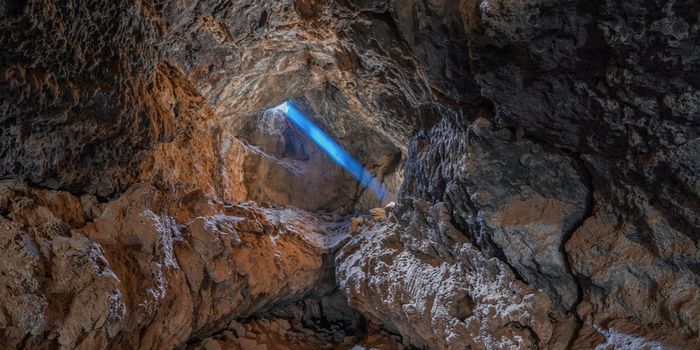Don't Deep Fry a Frozen Turkey: The Science Behind Thanksgiving Explosions
Thanksgiving may have come and gone, but the lessons we learn from the holiday don’t end when the final plates are cleared from the table. Thanksgiving is the number one holiday for home fires in the US, mostly due to mistakes from amateur chefs who are just trying their best. For instance, fire departments across the US responded to over 1,400 cooking fires on Thanksgiving in 2019.
The main attraction of Thanksgiving meals is usually a turkey, but many people don’t cook an entire bird in their day-to-day lives. Deep-frying has risen in popularity as a method of preparing turkeys, but simply dropping a frozen turkey into boiling oil is one sure way to end your Thanksgiving prep in disaster.
Even a partially-fried turkey in a deep fryer can cause an explosion, one cause of the many aforementioned kitchen fires. Here, we explore the science behind exploding turkeys.
It all comes down to the density differences between water and oil. Early school demonstrations taught us that water is denser than oil, and the two substances do not mix. Water is made from oxygen and hydrogen, and oil is made from hydrocarbons. Oxygen is heavier than carbon, hence the density difference.
Frozen turkeys hold considerably more water than thawed turkeys, but cooking websites recommend a room-temperature turkey. For example, raw poultry can contain somewhere between 6-8% more water than cooked poultry. When meat is frozen, ice crystals can rupture some of the cells in the tissue, causing the water inside of the cells to freeze. Then, as the meat is defrosted, some of the water in the cells leeches out as well.
So, when a frozen turkey is dropped into boiling oil, the ice in the turkey quickly melts to water. The water then sinks below the oil, and the high temperatures quickly undergo a phase change to gas. The volume of water as gas is 1,700 times larger than as a liquid. Steam is less dense than oil and tries to rise above it.
The oil is displaced rapidly, which looks a lot like an explosion. Boiling oil can do immense damage on its own, but if the oil is cooking over a gas stove, it can ignite and catch fire. Oil is easily combustible once a bit of it catches fire; from there, it spreads rapidly.
All that’s to say: deep-frying a room-temperature turkey can still be a difficult task, but there is a significantly smaller chance for a turkey-based explosion. With science knowledge on your side, you can stay safe cooking this holiday season.
Source: The Conversation, National Fire Protection Association, USDA








